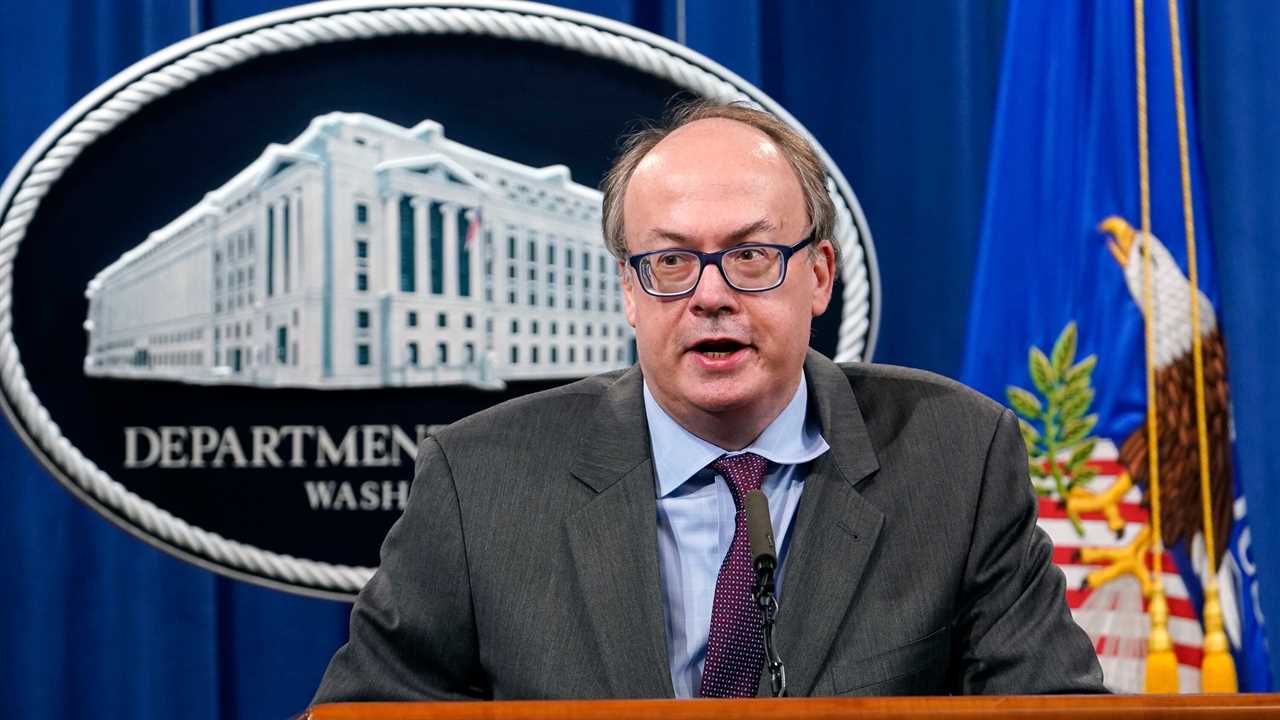
WASHINGTON — Jeffrey Clark, a former Justice Department official involved in former President Donald J. Trump’s frenzied efforts to overturn the 2020 presidential election, refused to cooperate on Friday with the House committee investigating the Jan. 6 Capitol attack, leading to a sharp rebuke from the committee’s chairman.
The standoff between Mr. Clark and the committee is the second such confrontation since Congress began investigating the circumstances surrounding the Capitol violence, seeking information on Mr. Trump’s attempts to subvert the election. The House has already voted to find one Trump ally, Stephen K. Bannon, in criminal contempt of Congress for stonewalling the inquiry.
“Mr. Clark’s complete failure to cooperate today is unacceptable,” said Representative Bennie Thompson, Democrat of Mississippi and the chairman of the committee. “As prescribed by the House rules, I have considered Mr. Clark’s claim of privilege and rejected it. He has a very short time to reconsider and cooperate fully. We need the information that he is withholding, and we are willing to take strong measures to hold him accountable.”
Mr. Clark appeared before the committee on Friday but delivered a letter saying he would not answer substantive questions. He cited attorney-client privilege protecting his conversations with Mr. Trump.
“He is duty-bound not to provide testimony to your committee covering information protected by the former president’s assertion of executive privilege,” Mr. Clark’s lawyer, Harry W. MacDougald, wrote in a letter to the committee, which was reported earlier by Politico. “Mr. Clark cannot answer deposition questions at this time.”
Mr. Bannon also cited Mr. Trump’s directive for former aides and advisers to invoke immunity and refrain from turning over documents that might be protected under executive privilege in his refusal to cooperate. A federal judge expressed skepticism on Thursday about the merits of Mr. Trump’s lawsuit against the committee seeking to block from release at least 770 pages of documents related to the Capitol riot.
Under federal law, any person summoned as a congressional witness who refuses to comply can face a misdemeanor charge that carries a fine of $100 to $100,000 and a jail sentence of one month to one year.
Mr. Thompson suggested such a penalty could await Mr. Clark, once a little-known official who repeatedly pushed his colleagues at the Justice Department to help Mr. Trump undo his loss.
The committee has issued a subpoena seeking testimony and records from Mr. Clark, a focus that indicates it is deepening its scrutiny of the root causes of the attack, which disrupted a congressional session called to count the electoral votes formalizing President Biden’s victory.
Mr. Thompson contrasted Mr. Clark’s refusal to cooperate with the actions of Jeffrey A. Rosen, who was acting attorney general during the Trump administration, and previously sat for a lengthy interview with the committee.






